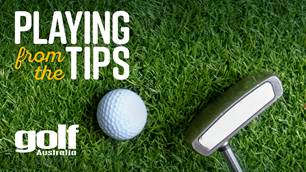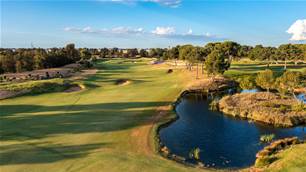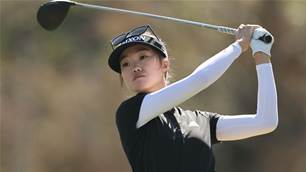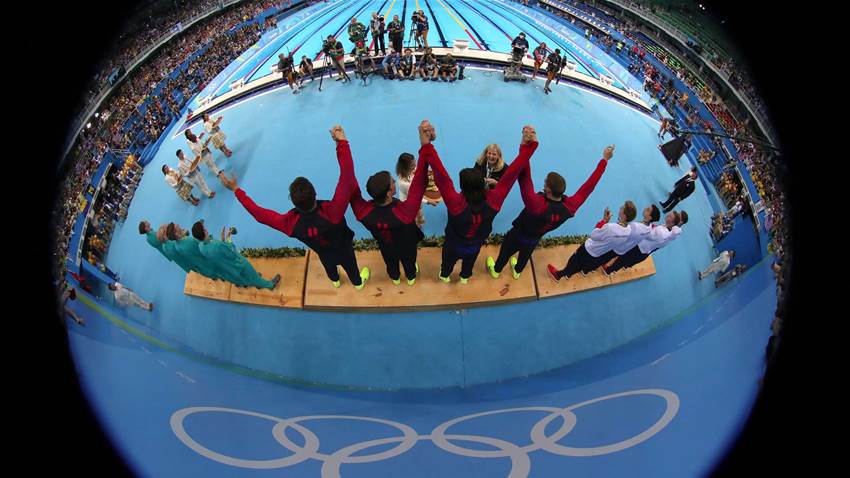After another swimming letdown at the Olympics for Australia, the knives are out once again. But what if we’re looking at it all wrong?
After four years of saying all the right things, draining the toxicity out of the culture and notching confidence-builders in Comm Games and Worlds, Australian swimming’s bottom line in Rio looks only slightly better than it did in London. The total number of medals won, ten, was the same, although brightened by three golds compared to the solitary one of 2012.
The number of gold, however, fell short of the marks of 2000, ’04 and ’08. And worse, of expectation. While the prediction of 11 gold in a noted American publication always felt high, even the Australian Olympic Committee’s modest benchmark of seven proved too optimistic. If London was truly a disaster for a proud swimming nation, it must be noted that Rio saw fewer Australians medal in individual events – only five, and thank God for relays.
Worse still, the meet began promisingly, with day-one wins to Mack Horton and the women’s 100m freestyle relay, and given a further shot of energy with Kyle Chalmers’ epic. But it fell away after that. The gilt-edged group of the Campbell sisters, Mitch Larkin, Emily Seebohm and Cameron McEvoy, each either a world champion or owner of the fastest time in the world in 2016, produced a single medal between them, Larkin’s 200m backstroke silver.
The recriminations have already begun, with the usual remedies floated out there: a coaching structure overhaul, moving the trials closer to the Games, a greater emphasis on racing rather than pure swimming, more measures to reduce the pressure on overburdened swimmers. Each argument has merit, but might be missing the starting assumption. Australia is still the second-best swimming nation in the world – it’s just being no.2 doesn’t involve as much time on the podium as it used to.
Indeed, Australia’s ten medals in Rio still ranked second, behind the United States’ 33. Interestingly, no other nation won more than seven; 12 different nations won at least one gold, with Joseph Schooling’s first ever for Singapore emblematic of the more diverse world now competitive in the pool.
The fact that Australia medalled in five of the six relays speaks to systemic depth. But maybe ten Olympic medals is the new normal. “Things we’ve probably taken for granted in Australia: our depth, the fact we’ve got so much water, that every child learns to swim, the rest of the world is cottoning onto,” says Seven Network commentator Giaan Rooney. “We don’t have the monopoly we used to.”
Or maybe there’s yet another way of looking at it: the one true swimming hotbed on the planet is the US state of Maryland, which accounted for nine golds and three silvers in Rio. Of course, it happens to be home to Michael Phelps and Katie Ledecky (the other silver belongs to Chase Kalisz). Maybe we should look at what’s in the water there.
Related Articles

Playing From The Tips Ep.112: PGA Championship

Review: Glenelg Golf Club













